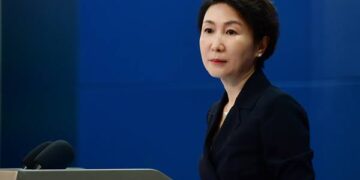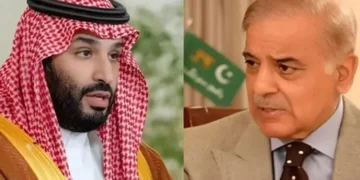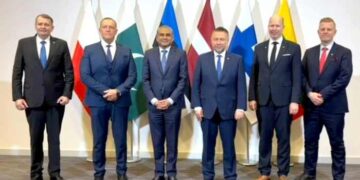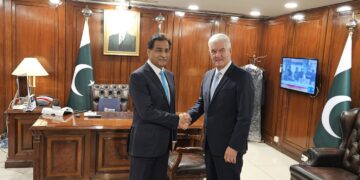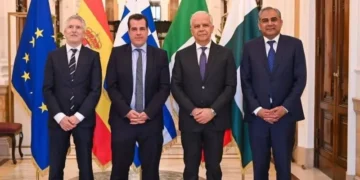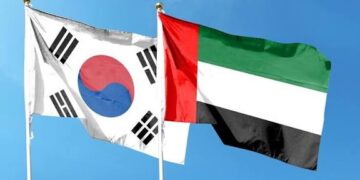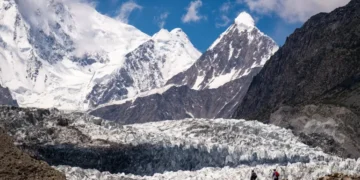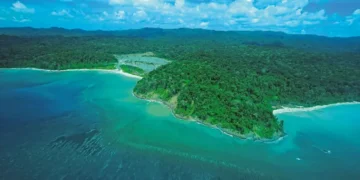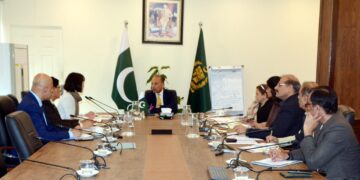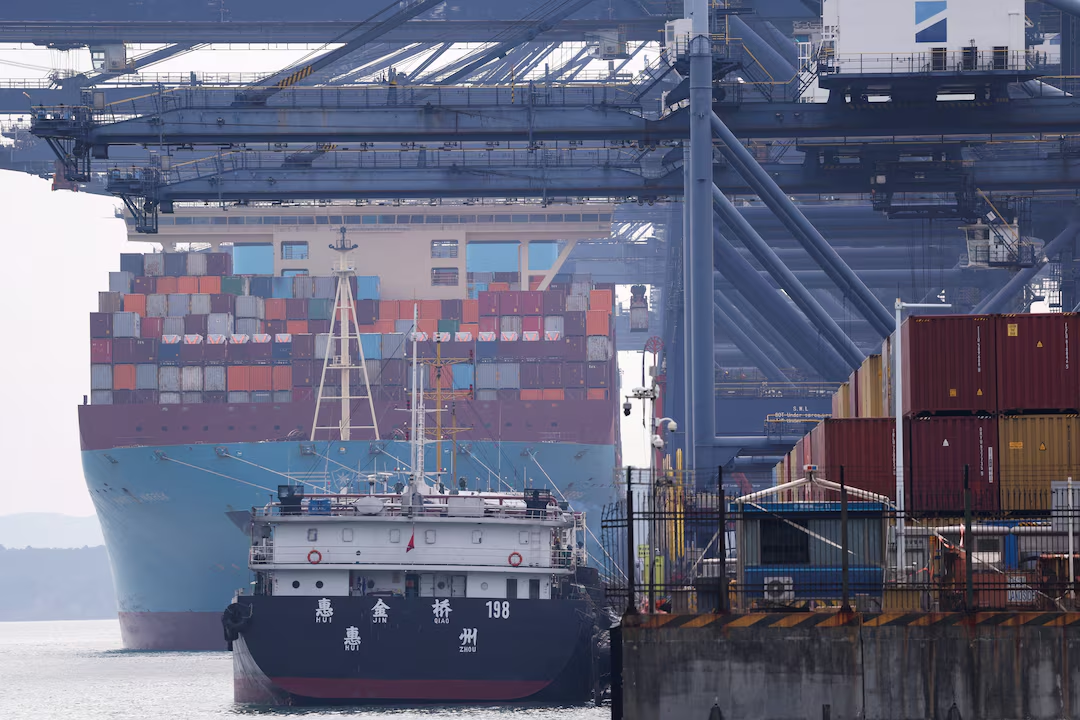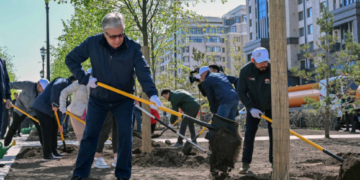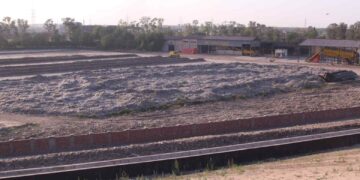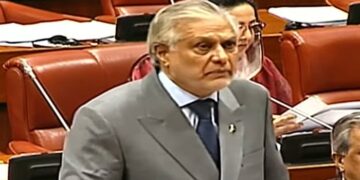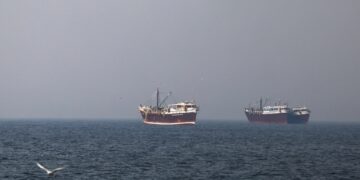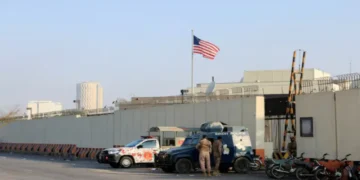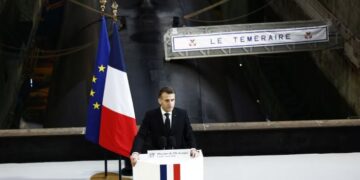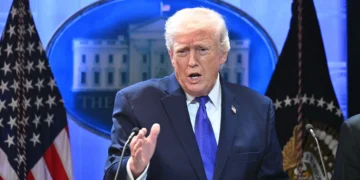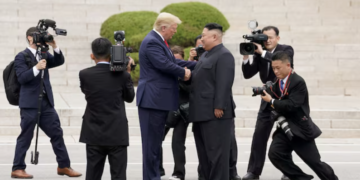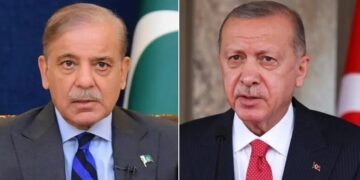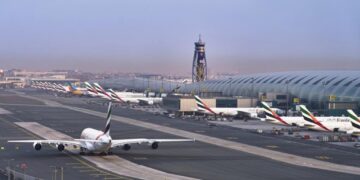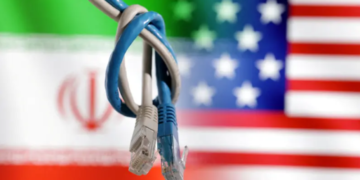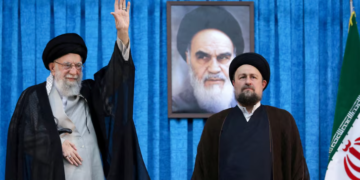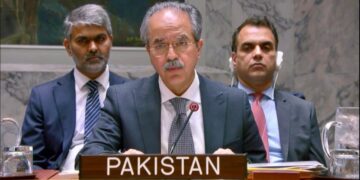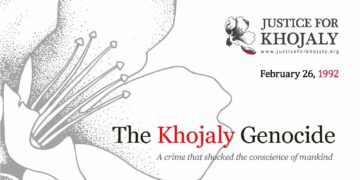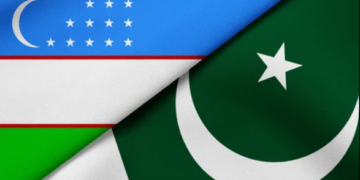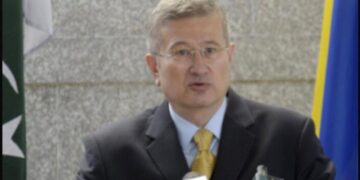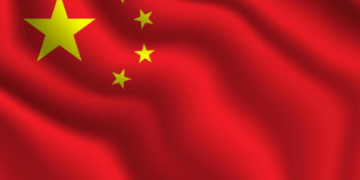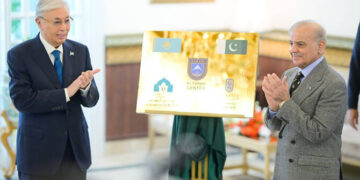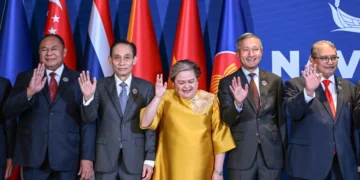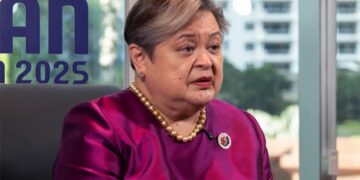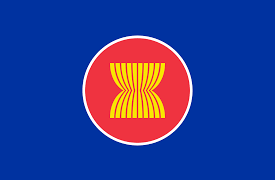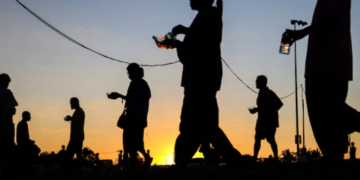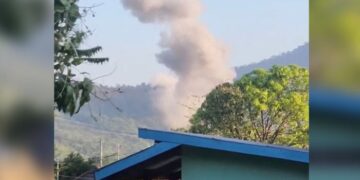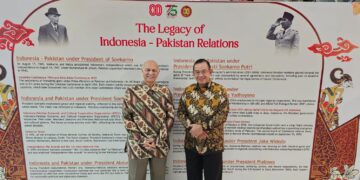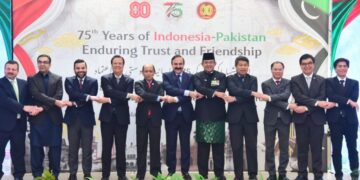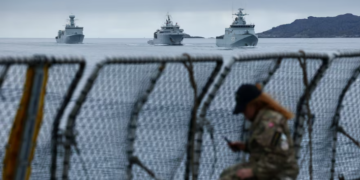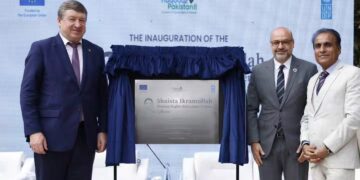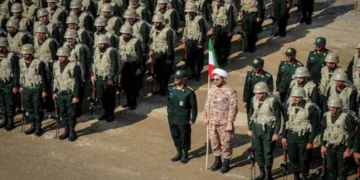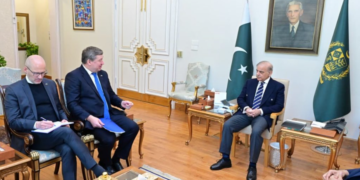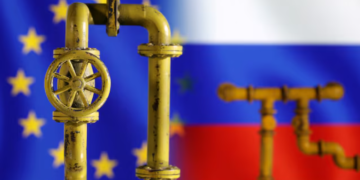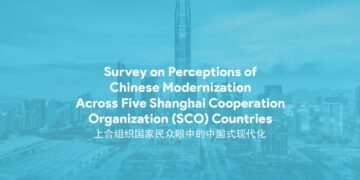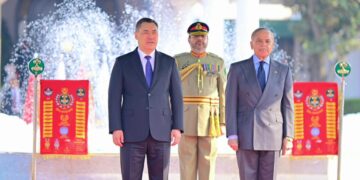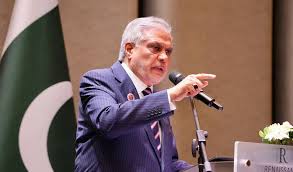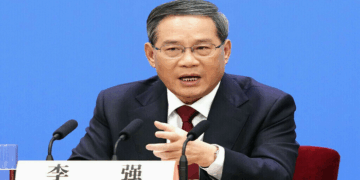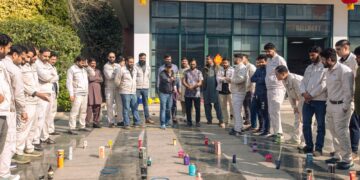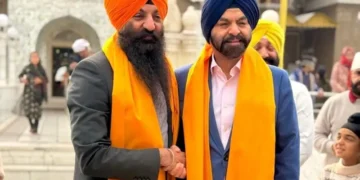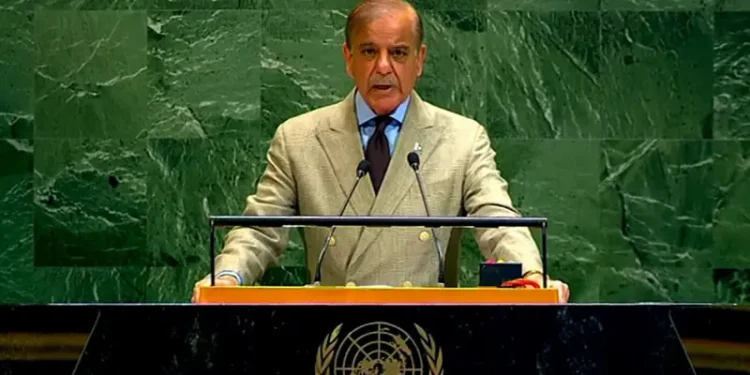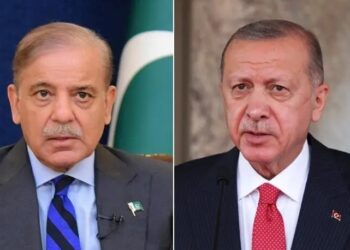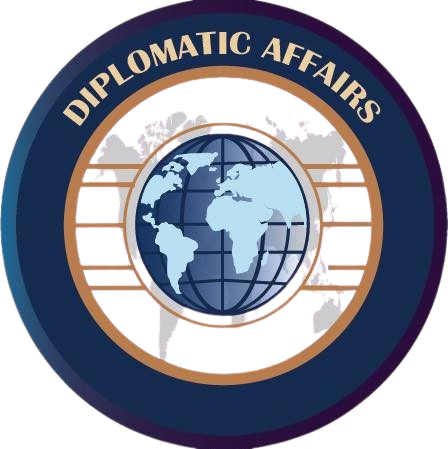NEW YORK; Prime Minister Shehbaz Sharif hailed U.S. President Donald Trump’s decisive role in brokering a ceasefire between Pakistan and India earlier this year, describing him as “a man of peace” while addressing the 80th session of the United Nations General Assembly (UNGA).
In a wide-ranging speech that touched on regional security, the plight of Palestinians, Kashmir, climate change, terrorism, and Islamophobia, the prime minister underscored the urgency of collective global action at a time of escalating crises.
Praise for Ceasefire Mediation
The premier recalled the four-day escalation in May, during which Pakistan repelled what he called “unprovoked aggression” from India. He noted that Pakistan’s response was conducted under Article 51 of the UN Charter, defending its sovereignty and people.
“Our valiant armed forces, under the leadership of Field Marshal Asim Munir and Air Chief Marshal Zaheer Babar Sidhu, mounted an operation of stunning professionalism and courage,” he said, claiming that Pakistan’s air force downed seven Indian fighter jets.
Shehbaz emphasized that Pakistan agreed to a ceasefire from “a position of strength,” but credited U.S. President Trump’s intervention for averting what could have been a catastrophic war. “Had he not acted decisively, South Asia might have plunged into an all-out war with devastating consequences,” he said. Pakistan has nominated Trump for the Nobel Peace Prize in recognition of his mediation.
He also expressed gratitude to allies including China, Turkiye, Saudi Arabia, Qatar, Azerbaijan, Iran, the UAE, and UN Secretary-General António Guterres for supporting Pakistan diplomatically during the confrontation.
Call for Dialogue with India and Kashmir’s Right to Self-Determination
Moving forward, the prime minister offered “a serious and sincere” invitation to India for composite and result-oriented dialogue on all outstanding issues. He warned, however, against unilateral moves by India, specifically citing New Delhi’s attempt to suspend the Indus Waters Treaty. “We will ardently defend the rights of our 240 million people over these waters,” he asserted.
Shehbaz reiterated Pakistan’s solidarity with the people of occupied Kashmir, promising that their right to self-determination under UN resolutions “cannot be denied indefinitely.”
Palestine and Gaza Conflict
The prime minister turned emotionally to the crisis in Gaza, calling the plight of Palestinians “one of the most heart-wrenching tragedies of our time.” He condemned Israel’s ongoing military campaign as “genocidal” and accused its leadership of pursuing “nefarious goals” against civilians, particularly women and children.
He recounted the story of Hind Rajab, a Palestinian child killed in Gaza, describing her as a symbol of global failure to protect the most vulnerable. “The smallest coffins are the heaviest to carry,” he said, recalling the funeral of a six-year-old Pakistani child killed during the confrontation with India.
The premier reaffirmed Pakistan’s support for a sovereign Palestinian state based on pre-1967 borders with Jerusalem as its capital. He welcomed recent recognition of Palestine by several states and urged others to follow suit. Shehbaz also lauded Trump’s recent initiative to convene Muslim leaders on the Gaza crisis, calling it a “timely effort to rekindle hope for a ceasefire.”
Counterterrorism and Regional Stability
On terrorism, Shehbaz said Pakistan has been at the forefront of global counterterrorism efforts for two decades. He noted that Pakistani sacrifices have prevented terrorists “from roaming the streets of New York, London, or the Far East.”
The prime minister warned of externally sponsored terrorism emanating from groups based in Afghanistan, stressing Pakistan’s demand that the interim Afghan government prevent its soil from being used against any country. While reaffirming support for Afghanistan’s stability and connectivity in the region, he urged Kabul to respect human rights, particularly women’s rights.
Confronting Islamophobia
Highlighting the dangers of hate-driven ideologies, Shehbaz warned against Hindutva extremism in India and the rising tide of Islamophobia globally. “There must be no space for hate speech or violence against any religion,” he said, welcoming the UN’s appointment of a special envoy to combat Islamophobia.
Climate Change and Pakistan’s Floods
Turning to climate change, the prime minister called for urgent collective action, recalling the devastating floods of 2022 and 2025. He declared a climate emergency in Pakistan, stressing that while the country contributes less than one percent of global emissions, it suffers disproportionately from climate-induced disasters.
“It is unjust to push countries like Pakistan into more debt to cope with climate disasters we did not cause,” he said, vowing instead to pursue resilience through hard work and self-reliance.
Broader Global Issues and Conclusion
Shehbaz also voiced support for a peaceful resolution to the Ukraine conflict in line with the UN Charter and reiterated Pakistan’s condemnation of terrorism in all forms.
In closing, he reaffirmed Pakistan’s commitment to peace, justice, and development within a revitalized and fair multilateral system. “As the UN marks 80 years, let us not just commemorate history but make history. Let us chart a course for the next 80 years as united nations committed to global good,” he concluded.

